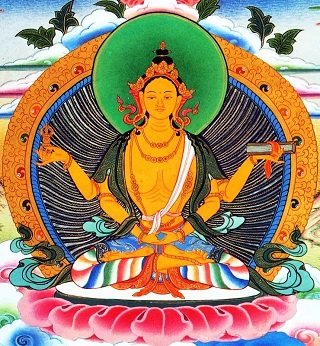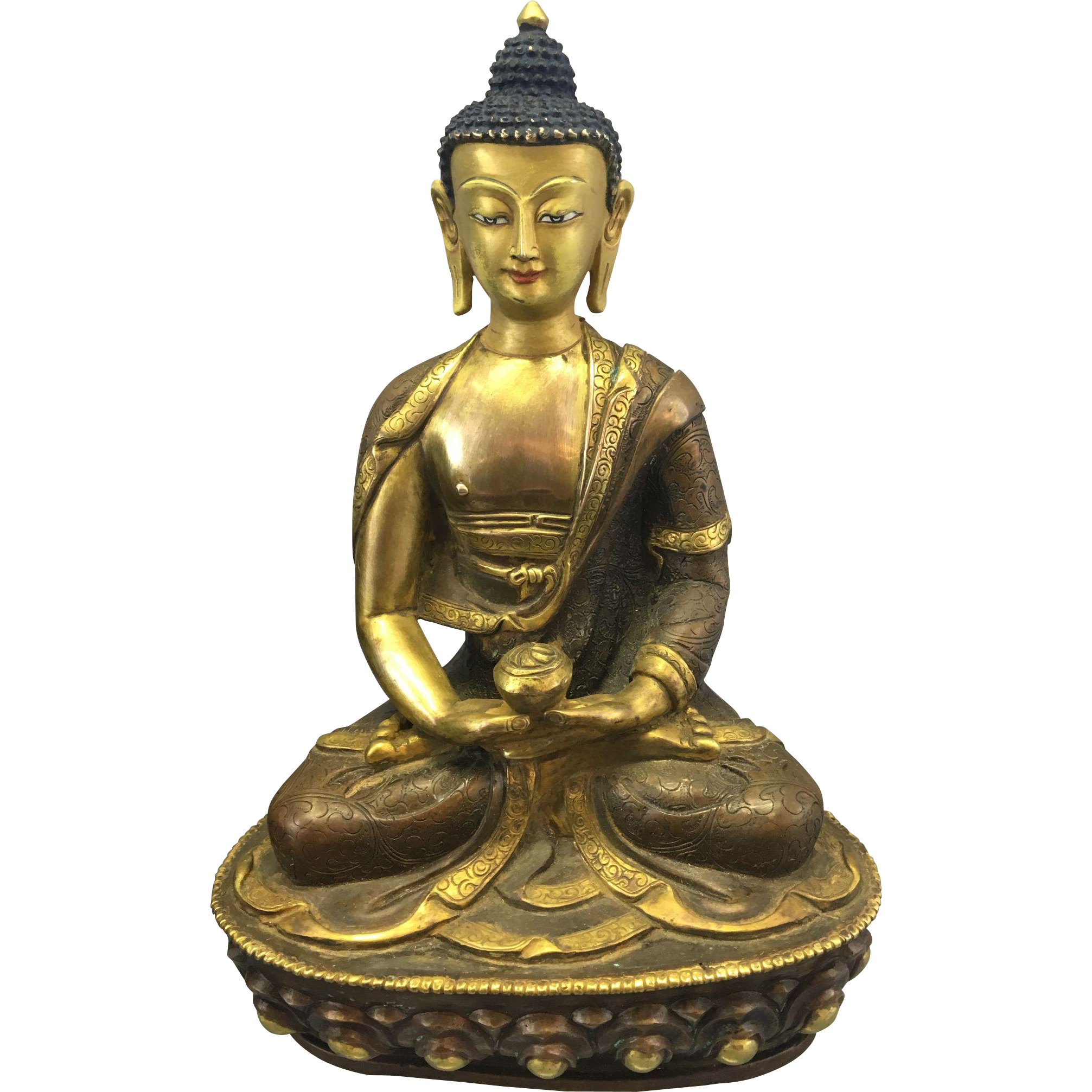Welcome to our seventeenth online suggested practise for the week. We are now broadcasting a live teaching each Monday evening. If you would like to participate please contact us using the contact form on the homepage.
1.0) If you feel so inclined, begin by reciting the usual prayers (please follow below links for text). Alternatively, try to think or articulate a wish for all beings to achieve liberation from suffering, etc .
Four Thoughts: contemplating each in turn – http://northantsbuddhists.com/the-four-thoughts/
Refuge Prayer: twice in Tibetan, once in English – http://northantsbuddhists.com/the-refuge-prayer/

2.0) The Art of Stopping
Walking meditation means to enjoy walking without any intention to arrive. We don’t need to arrive anywhere. We just walk. We enjoy walking. That means walking is already stopping, and that needs some training. – Thich Nhat Hanh
Book review: German novelist and poet Herman Hesse condemned the modern industrialized West’s preoccupation with factory-like efficiency: “The high value put upon every minute of time, the idea of hurry hurry as the most important objective of living,” he said, “is unquestionably the most dangerous enemy of joy.” Today this notion reverberates with particular poignancy as the driven and ambitious resolve to “get things done” and devour self-help books that promise to “optimize” their “productivity.” Ours is a culture of haste, one that prioritizes product over process, the mechanical over the mindful, quantity over quality. Most of us squander our lives dutifully crossing tasks off a to-do list; starving instead of nourishing, our desire for exuberant spontaneity.
In our era of mindless rushing, we’ve lost the art of mindful presence, of pausing. The art of stopping has no more poetic a proponent than Buddhist monk and prolific peace activist Thich Naht Hanh, the gentle voice behind such mindfulness manifestos as Peace is Every Step, The Miracle of Mindfulness, and How to Eat. In The Heart of the Buddha’s Teaching: Transforming Suffering into Peace, Joy and Liberation, Hanh examines the hazards of hurrying through life too haphazardly. A sage shepherd leading us along the windy path to enlightenment, Hanh relays an old Zen parable of a man and his horse to illustrate the ways we default to habit rather than live attentively:
“There is a story in Zen circles about a man and a horse. The horse is galloping quickly, and it appears that the man on the horse is going somewhere important. Another man, standing alongside the road, shouts, “Where are you going?” and the first man replies, “I don’t know! Ask the horse!” This is also our story. We are riding a horse, we don’t know where we are going, and we can’t stop. The horse is our habit energy pulling us along, and we are powerless. We are always running, and it has become a habit. We struggle all the time, even during our sleep. We are at war within ourselves, and we can easily start a war with others.”
What Hanh calls “habit energy” is our compulsive tendency to act without thought. Though habits can take the form of elevating, life-affirming rituals (the first cup of coffee in the morning, saying “I love you” to your significant other the last thing at night), they can also- by their numbing repetitiveness- deaden our senses and desensitize our spirits. When we too strictly abide by our routines, we’re simply not present. And what happens? We relinquish our better judgement. It’s so much easier to lose patience at people’s pettiness, to lash out at an assault, to retaliate at a slight (real or imagined) when we’re acting routinely. An emotion overcomes us and-rather than realize all emotions, like waves, rise but eventually crest and fall-we allow ourselves to be governed by their momentary intensity and permit bitter feelings like fear and anger to dictate our behavior, which only adds to the store house of human suffering.
So how do we break the cycle of unintentional living and, thus, halt the unconscious perpetuation of suffering? Hanh prescribes a simple remedy: be mindful. Being present is a super vitamin for the soul. When we pause to ponder instead of instantly react, we act from our noblest, most magnanimous selves. Such presence, Hanh believes, can heal a hostile world:
“We have to learn the art of stopping-stopping our thinking, our habit energies, our forgetfulness, the strong emotions that rule us. When an emotion rushes through us like a storm, we have no peace. We turn on the TV and then turn it off. We pick up a book and then we put it down. How can we stop this state of agitation? How can we stop our fear, despair, anger and craving? We can stop by practicing mindful breathing, mindful walking, mindful smiling, and deep looking in order to understand. When we are mindful, touching deeply the present moment, the fruits are always understanding, acceptance, love and the desire to relieve suffering and bring joy.
But our habit energies are often stronger than our volition. We say and do things we don’t want to and afterwards we regret it. We make ourselves and others suffer, and we bring about a lot of damage. We may vow not to do it again, but we do it again. Why? Because our habit energies (vashana) push us.
We need the energy of mindfulness to recognize and be present with our habit energy in order to stop this course of destruction. With mindfulness, we have the capacity to recognize the habit energy every time it manifests. “Hello, my habit energy! I know you are there!” If we just smile to it, it will lose much of its strength. Mindfulness is the energy that allows us to recognize our habit energy and prevent it from dominating us.”
———–
2.1) Prajnaparamitra the Perfection of Wisdom Sutra, the Mantra that dispels Obstacles. (Session 5 of 6) Presented by Geoff Warren

This Sutra, the 2nd turning of the wheel of Dharma was taught by the Buddha at Mass Vultures Peak in Rajagriha. It was transmitted orally & only written down a 100 years or so after the Buddhas death.
The answer for those with minds of higher faculties is much more succinct & is realised through the recitation & meditation on the mantra.
Therefore, the mantra of the perfection of wisdom, the mantra of great knowledge, the unsurpassed mantra, the mantra that thoroughly pacifies all suffering, since it is not false, should be known as the truth. The mantra of the perfection of wisdom is proclaimed:
Written in Sanscrit the Mantra is “Tayatha Om Gate Gate Paragate Parasamgate Bodhi Soha”
The literal English translation is “Go, Go, Perfectly Go, Perfectly & Completely Go to the five paths to Enlightenment.
By reciting this mantra with deep faith in it’s power we can remove obstacles for ourselves & others & achieve enlightenment for the sake of all beings, so may it be.
—0—
